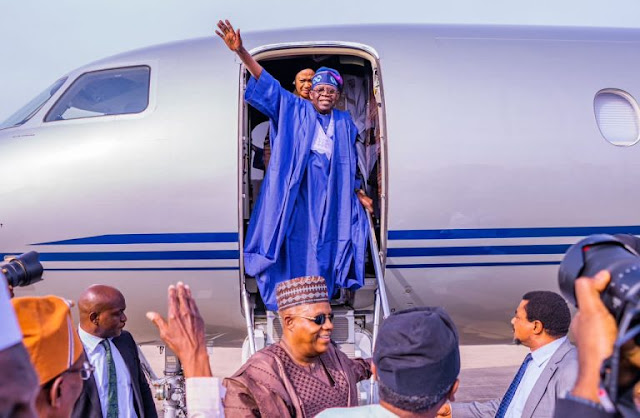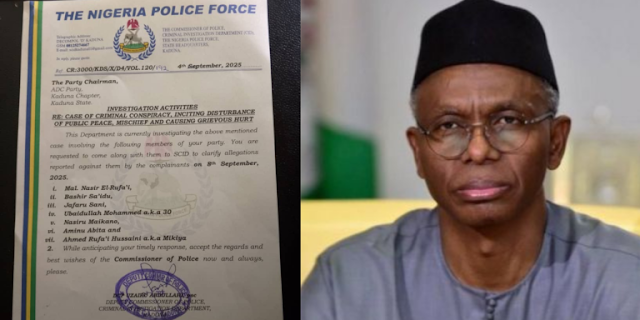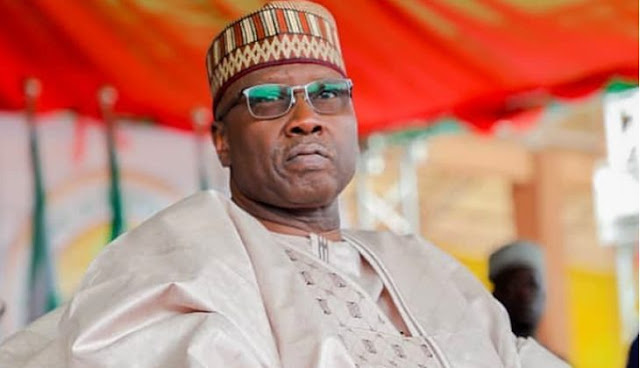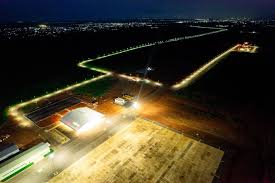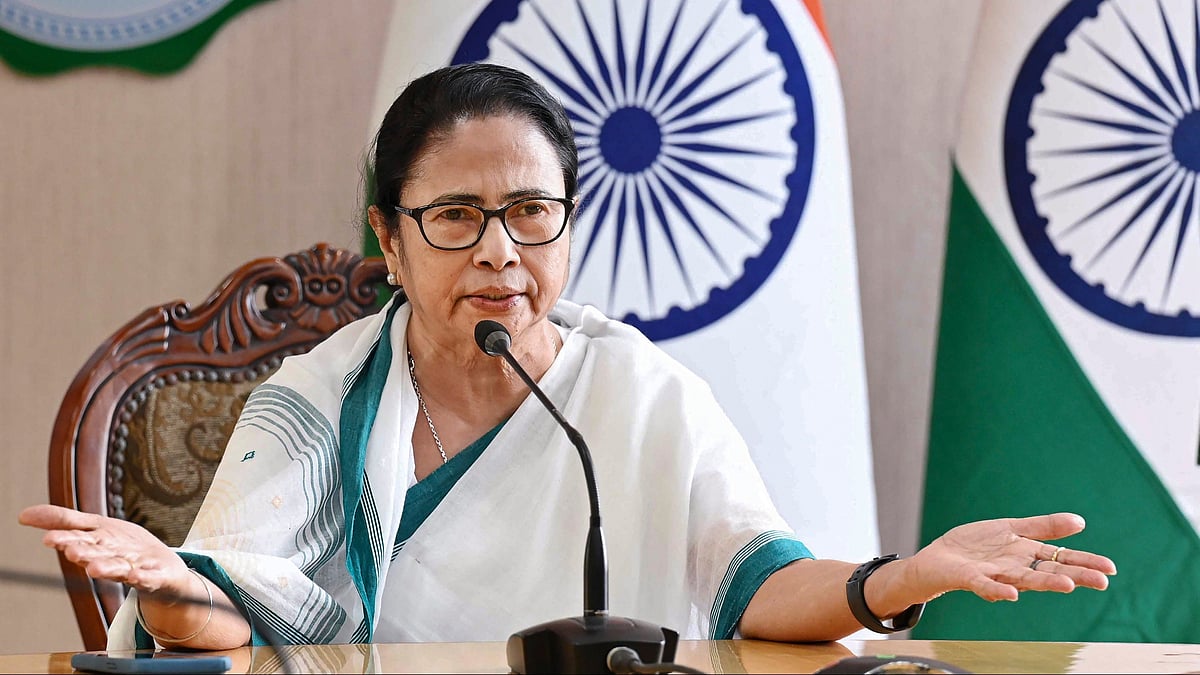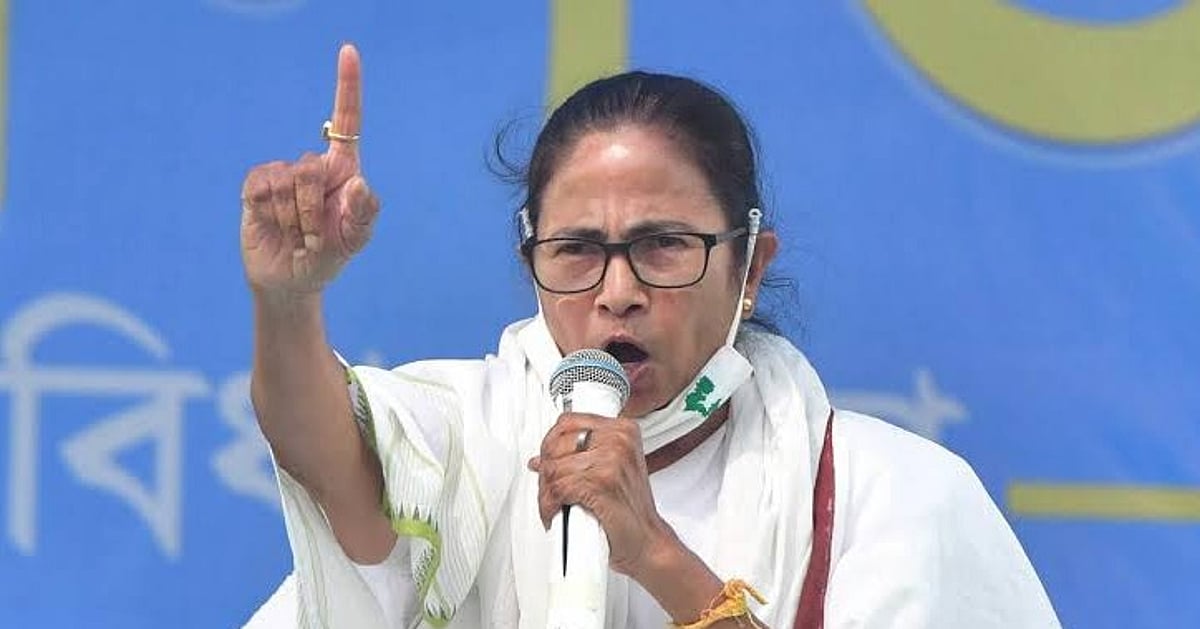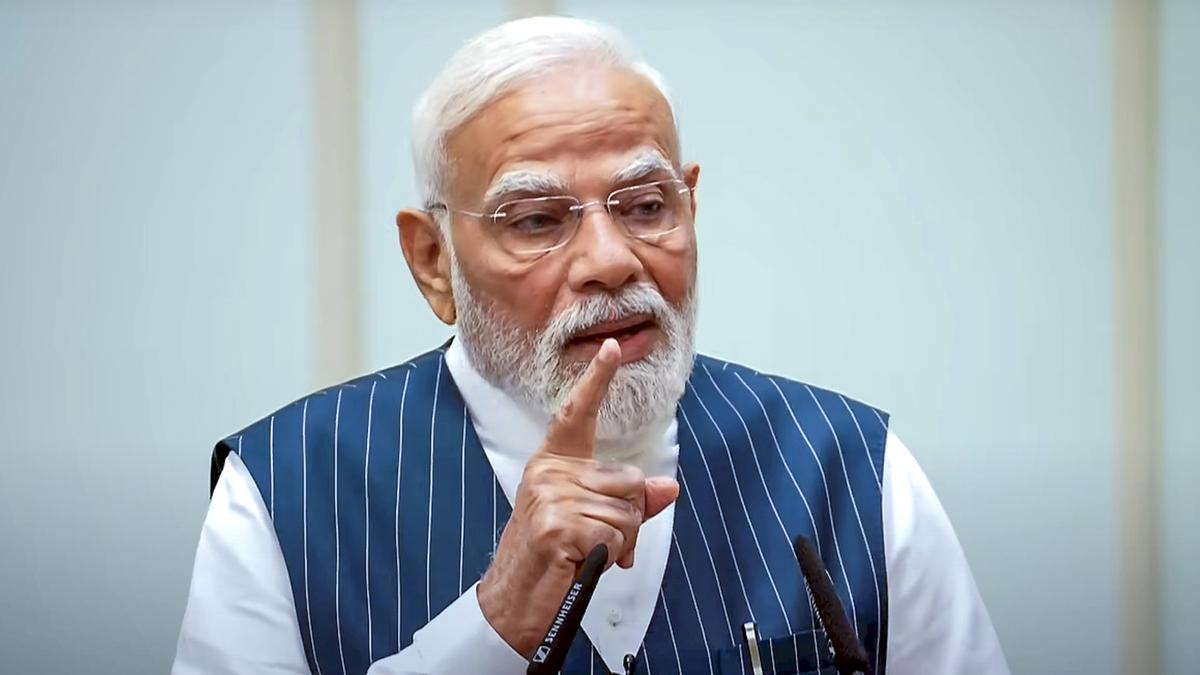In a move that has sparked widespread discussion across Nigeria, President Bola Ahmed Tinubu departed the country on September 4, 2025, for a 10-day vacation in London, United Kingdom. The announcement, made by his Special Adviser on Information and Strategy, Bayo Onanuga, confirmed that the president would use this period to engage in strategic reflection on Nigeria’s economy while combining the trip with his annual leave. The departure from Nnamdi Azikiwe International Airport in Abuja marks Tinubu’s latest international trip since assuming office on May 29, 2023, and has reignited debates about the frequency of his foreign travels, their implications for governance, and the state of Nigeria’s economy and political landscape.
Details of the President’s Trip
According to the official statement, President Tinubu’s 10-day sojourn in London serves a dual purpose: a well-deserved vacation and a strategic retreat to deliberate on pressing economic matters facing Nigeria. The president, who has been at the helm of Africa’s most populous nation for over two years, is expected to return to Nigeria after this period, though no specific return date was provided in the statement. During his absence, Vice President Kashim Shettima will act as the head of state, overseeing the day-to-day governance of the country in line with constitutional provisions.
The announcement emphasized that Tinubu’s trip is not solely for leisure but also an opportunity to reflect on Nigeria’s economic challenges and strategize on solutions to drive sustainable growth. This framing suggests an attempt to balance the optics of a presidential vacation with the need to address Nigeria’s pressing issues, including rising inflation, unemployment, and insecurity. However, the decision to embark on an international trip during a period of economic hardship and political tension has raised questions about the timing and necessity of the president’s absence.
A Pattern of International Engagements
Since taking office, President Tinubu has made numerous international trips, a trend that has drawn both praise and criticism. His travels have included official state visits, attendance at global summits, and, as in this case, personal vacations that double as working retreats. The Nigerian News Direct article notes that this latest trip follows a pattern, with Tinubu having previously traveled abroad for similar purposes. For instance, in August 2023, he attended the ECOWAS summit in Guinea-Bissau, and in December 2024, he participated in the UN Climate Change Conference (COP29) in Baku, Azerbaijan. These trips have often been justified as essential for fostering international partnerships, attracting foreign investment, and addressing global challenges such as climate change and security.
However, the frequency of Tinubu’s international travels has sparked concerns among some Nigerians, who argue that the president’s absence during critical times undermines effective governance. Critics point to the economic difficulties facing the country, including a soaring inflation rate that reached 33.4% in July 2025, according to the National Bureau of Statistics, and the rising cost of living, which has placed significant strain on ordinary citizens. The decision to take a 10-day vacation in London, a city known for its high cost of living, has fueled perceptions of disconnect between the presidency and the struggles of the average Nigerian.
Economic Context and Public Sentiment
Nigeria’s economy has faced significant challenges since Tinubu assumed office, with key reforms such as the removal of fuel subsidies and the unification of the naira exchange rate contributing to both economic disruption and public discontent. While these policies were intended to stabilize the economy and reduce Nigeria’s dependence on imported fuel, they have led to sharp increases in the prices of fuel, transportation, and basic goods. The ripple effects have been felt across the country, with protests erupting in major cities like Lagos and Abuja in August 2025, as citizens voiced their frustration over the rising cost of living and perceived government insensitivity.
Against this backdrop, Tinubu’s decision to travel abroad for a vacation has drawn mixed reactions. Supporters of the president argue that the trip is a necessary respite for a leader tasked with navigating one of Africa’s most complex economies. They contend that the working component of the vacation—strategic reflection on economic policies—demonstrates Tinubu’s commitment to addressing Nigeria’s challenges, even while abroad. The presidency has also highlighted the president’s efforts to attract foreign investment, pointing to recent deals secured during international trips, such as the $2.5 billion investment commitment from a Saudi consortium in November 2024 for infrastructure development.
Critics, however, view the trip as poorly timed and tone-deaf, given the economic hardships faced by millions of Nigerians. Social media platforms, particularly X, have been abuzz with reactions, with some users questioning why the president could not conduct his strategic reflection within Nigeria. Others have raised concerns about the cost of the trip, including travel expenses for the president and his entourage, which they argue could be better allocated to addressing pressing domestic needs. These sentiments reflect a broader frustration with the political elite, who are often perceived as prioritizing personal comfort over the welfare of citizens.
Governance in Tinubu’s Absence
The Nigerian Constitution provides clear mechanisms for governance during the president’s absence, with the vice president assuming acting responsibilities. Vice President Kashim Shettima, a seasoned politician and former governor of Borno State, is well-positioned to lead in Tinubu’s stead. Shettima has been actively involved in the administration’s efforts to address insecurity, particularly in the northern regions plagued by banditry and terrorism. His leadership during this period will likely focus on maintaining stability and advancing key government initiatives, including the ongoing implementation of the 2025 budget and efforts to address food insecurity.
However, the temporary transfer of power to the vice president has raised questions about continuity and decision-making efficiency. Nigeria’s complex governance structure, coupled with its diverse and often fractious political landscape, requires strong and consistent leadership. While Shettima is expected to handle routine matters, major policy decisions may be deferred until Tinubu’s return, potentially slowing down the government’s response to urgent issues. This dynamic underscores the challenges of maintaining effective governance during frequent presidential absences.
Strategic Reflection: A Focus on Economic Recovery
The presidency’s emphasis on Tinubu’s use of the vacation for strategic reflection highlights the administration’s recognition of the need for innovative solutions to Nigeria’s economic woes. Since taking office, Tinubu has pursued an ambitious reform agenda aimed at repositioning Nigeria as a leading economic power in Africa. Key initiatives include the removal of fuel subsidies, which saved the government over ₦1 trillion in 2024, and the introduction of the Economic Stabilization Plan, designed to cushion the impact of reforms on vulnerable populations.
Despite these efforts, the results have been mixed. The removal of fuel subsidies, while fiscally necessary, has led to a tripling of fuel prices, with petrol now selling at over ₦900 per liter in many parts of the country. This has driven up transportation costs, affecting the prices of food and other essentials. The naira’s depreciation following the exchange rate unification has further exacerbated inflation, with the currency trading at over ₦1,600 to the dollar in the parallel market as of September 2025. These economic challenges have fueled public discontent and heightened expectations for tangible results from Tinubu’s administration.
The president’s decision to reflect on these issues from London suggests an intention to gain a global perspective on Nigeria’s challenges. London, a global financial hub, offers access to international economic experts, policymakers, and investors who could provide insights into Nigeria’s economic recovery. The trip may also include informal meetings with foreign stakeholders, as Tinubu has a history of leveraging international engagements to secure investment and partnerships. For instance, his attendance at the G20 Summit in November 2024 resulted in commitments for renewable energy projects, which could help address Nigeria’s chronic power shortages.
Broader Implications for Nigeria’s Political Landscape
Tinubu’s frequent travels, including this latest vacation, have broader implications for Nigeria’s political landscape. The president’s leadership style, characterized by a hands-on approach to international diplomacy and a reliance on global partnerships, reflects his belief in Nigeria’s potential as a global player. However, this approach has also exposed him to criticism for being disconnected from domestic realities. The contrast between the president’s international engagements and the struggles of ordinary Nigerians has fueled perceptions of an out-of-touch administration, a narrative that opposition parties are likely to exploit as the 2027 general elections approach.
The trip also raises questions about the administration’s communication strategy. While the presidency has framed the vacation as a working retreat, the lack of detailed information about Tinubu’s itinerary and objectives has left room for speculation. Transparent communication about the purpose and outcomes of such trips could help mitigate public skepticism and demonstrate the tangible benefits of the president’s international engagements. For instance, providing updates on any economic strategies developed during the trip could reinforce the narrative that Tinubu is actively working to address Nigeria’s challenges, even while abroad.
Public Health and Leadership Considerations
Another dimension of the discourse surrounding Tinubu’s trip is the speculation about his health. At 73 years old, the president’s frequent travels, particularly to the UK, have led to rumors about medical checkups or treatments. While the presidency has not confirmed any health-related reasons for the trip, public concern about the president’s well-being reflects broader anxieties about leadership stability in Nigeria. The country’s history of health-related controversies involving its leaders, such as the prolonged absence of former President Umaru Yar’Adua in 2009–2010, has made Nigerians sensitive to such issues.
The presidency’s decision to frame the trip as a combination of vacation and strategic reflection may be an attempt to preempt such speculation. However, the lack of transparency about the president’s activities abroad could fuel further rumors, underscoring the need for clearer communication. Ensuring that the public is informed about the president’s health and capacity to lead is critical for maintaining trust and stability, particularly in a country with a history of political volatility.
International Perception and Nigeria’s Global Standing
On the international stage, Tinubu’s trip to London reinforces Nigeria’s engagement with global powers. The UK has historically been a key partner for Nigeria, with strong economic, cultural, and diplomatic ties. The president’s presence in London, even for a vacation, provides an opportunity to strengthen these ties, whether through informal meetings or public appearances. Nigeria’s role as a leading voice in Africa, particularly within the Economic Community of West African States (ECOWAS), also means that Tinubu’s actions are closely watched by regional and global stakeholders.
The trip comes at a time when Nigeria is seeking to bolster its global standing through initiatives such as the African Continental Free Trade Area (AfCFTA) and partnerships with organizations like the World Bank and the International Monetary Fund. Tinubu’s administration has prioritized attracting foreign direct investment to address infrastructure deficits and drive economic growth. The president’s international travels, including this vacation, are part of a broader strategy to position Nigeria as an attractive destination for investment and collaboration.
Challenges and Opportunities
While the trip offers opportunities for strategic reflection and international engagement, it also presents challenges. The optics of a president vacationing abroad during a period of economic hardship could further erode public trust in the administration. To mitigate this, the presidency must ensure that the outcomes of Tinubu’s reflection translate into concrete policies and actions that address Nigeria’s economic challenges. For instance, announcing new initiatives to tackle inflation, create jobs, or improve security upon the president’s return could help counter negative perceptions.
Additionally, the administration must address the systemic issues that fuel public discontent, such as corruption, inefficiency, and inequality. The success of Tinubu’s economic reforms will depend on their effective implementation and the government’s ability to communicate their benefits to the public. Engaging with citizens through town halls, media briefings, and other platforms could help bridge the gap between the presidency and the people, fostering a sense of shared purpose in addressing Nigeria’s challenges.
Conclusion
President Bola Ahmed Tinubu’s 10-day vacation in London, announced on September 4, 2025, has sparked a complex debate about leadership, governance, and priorities in Nigeria. While the trip is framed as an opportunity for strategic reflection on the country’s economic challenges, it has also highlighted the tensions between the president’s international engagements and the domestic struggles of ordinary Nigerians. The administration’s ability to balance these competing demands will be critical to maintaining public trust and advancing its reform agenda.
As Vice President Kashim Shettima assumes acting responsibilities, Nigerians will be watching closely for signs of continuity and progress. The outcomes of Tinubu’s trip, particularly any economic strategies or partnerships secured, will play a significant role in shaping public perceptions of his leadership. For now, the president’s absence serves as a reminder of the delicate balance between global engagement and domestic accountability, a challenge that will define his administration’s legacy in the years to come.


